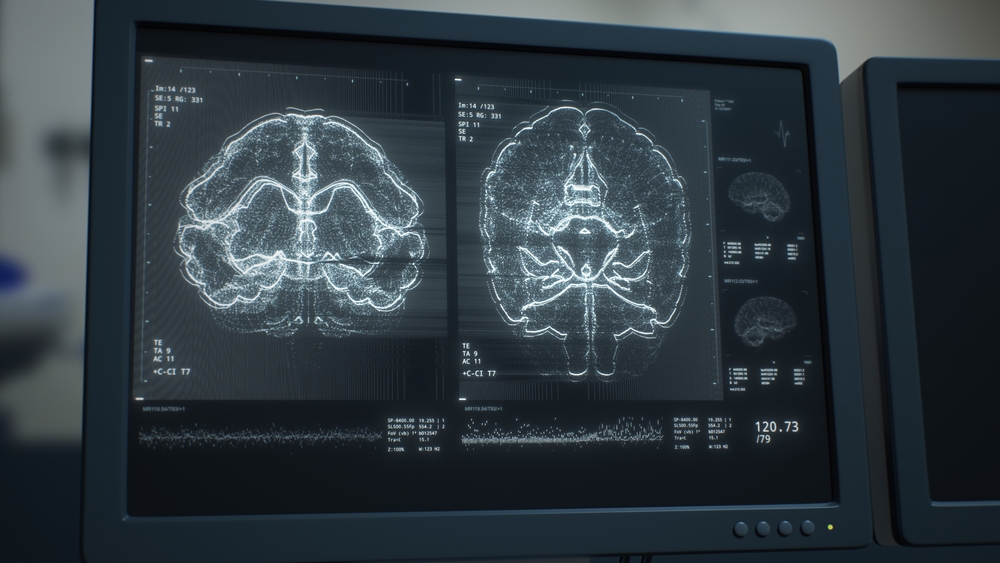Brain tumor: Causes, Signs and Symptoms

Brain Tumor: Causes, Signs and Symptoms
A brain tumor is a collection of abnormal cells inside the brain. The majority of brain tumors are generally benign and develop slowly, but some are malignant and grow rapidly. The most common symptoms include recently started headaches, vomiting, sleep disturbances, nausea, and exhaustion. Several factors determine the treatment plan and outcome including the kind and size of the brain tumor, the location of cancer, and its growth rate. However, the advancement in technologies and surgical techniques have made significant improvements in patient survival and outcomes.
What is Brain Tumor?
A brain tumor is a lump of abnormal cells within the brain. These brain tumors can be further divided into primary and secondary brain tumors. Primary brain tumors are those that develop due to abnormal growth in the brain cells whereas secondary brain tumors develop from other cells of the body. Additionally, all brain tumors can be categorized under benign and malignant brain tumor
- Benign brain tumors: These develop slowly and don’t spread to other parts of the body. Some of the common benign brain tumors are:
- Meningiomas
- Schwannomas
- Craniopharyngiomas
- Chordomas
- Gangliocytomas
- Glomus jugulare
- Pineocytomas
- Pituitary adenomas
- Malignant brain tumors: These develop very quickly and have the potential of spreading to other regions of the body. Some of the common malignant brain tumors are:
- Astrocytoma
- Ependymoma
- Oligodendrogliomas
- Glioblastoma multiforme
- Medulloblastoma
Brain Tumor Causes
A brain tumor usually develops when the cells in the brain start growing abnormally in size or number. Normally the process of cell division or cell growth is strictly controlled by the instructions stored in the DNA of the cell. However, sometimes alterations (mutation) in this DNA information lead to abnormal cell activity. This result in the formation of an abnormal lump of cells known as a tumor. Certain risk factors increase the chances of brain tumors. These include
- Age: Although brain cancer can develop at any age, it is more common in children and older persons.
- Gender: Men are more likely than women to acquire brain cancer.
- Family history: Genetic factors account for around 5% of all brain tumors.
- Home and work exposures: Exposure to pesticides, solvents, vinyl chloride, oil products, and rubber may raise the chance of getting brain cancer, although no scientific proof has been discovered.
- Infections: It may increase the chance of developing CNS lymphoma.
- Head injury: While some studies have found a correlation between major head injury and brain tumors, particularly meningiomas, there is still insufficient evidence to directly correlate head injury with the formation of brain tumors.
- Ionizing radiation: Any past ionizing radiation therapy to the brain or body has been associated with the development of brain cancers.
- Electromagnetic fields: There is no link between the usage of cell phones and power lines and the development of brain cancers in adults. However, the World Health Organization (WHO) recommends that adults and children restrict their use of cell phones and utilize hands-free headphones.
Brain Tumor: Common Signs and symptoms
The overall symptoms of brain tumor may depend on the specific type, growth rate, location, and severity of the tumor. Slow-growing tumors may go undetected until they are large enough to be diagnosed. These tumors can pressure nearby nerves, causing discomfort. Tumors that form in areas crucial for certain activities such as speech, hearing, vision, feeling, and movement will cause deficiencies in those capabilities. Here are some of the common signs and symptoms of brain tumor:
- Headaches, especially during the morning
- Vomiting and nausea
- Changes in your ability to communicate, listen or see
- Balance and walking issues
- Problems with cognition or memory
- Tiredness
- Sleepiness throughout the day
- Mood or behavioral changes
- Seizures
Management of Brain Tumor
With the advancement in technologies, the management of head tumors has also become better. The main therapies used in the management of a head tumor are surgical therapy, radiation therapy, and chemotherapy. Surgery is usually advised when the tumor is located within the brain and has not spread. The overall aim of a surgical treatment revolves around removing as many tumor cells as possible without harming the healthy brain tissue. Radiation therapy is used to restrict the growth of the tumor. Often a combination of either of the therapies is used as the best treatment plan. It is always advisable to consult a healthcare specialist to understand the extent of the disease along with a customized treatment plan based on the specific conditions.
Reference
- Wong ET, et al. Overview of the clinical features and diagnosis of brain tumors in adults. https://www.uptodate.com/contents/search
- https://www.cancer.net/cancer-types/brain-tumor/symptoms-and-signs
- Alther B, et al. (2020). From first symptoms to diagnosis: Initial clinical presentation of primary brain tumors. journals.sagepub.com/doi/full/10.1177/2514183X20968368
- https://www.nhs.uk/conditions/brain-tumours/
- https://www.abta.org/about-brain-tumors/brain-tumor-education/






